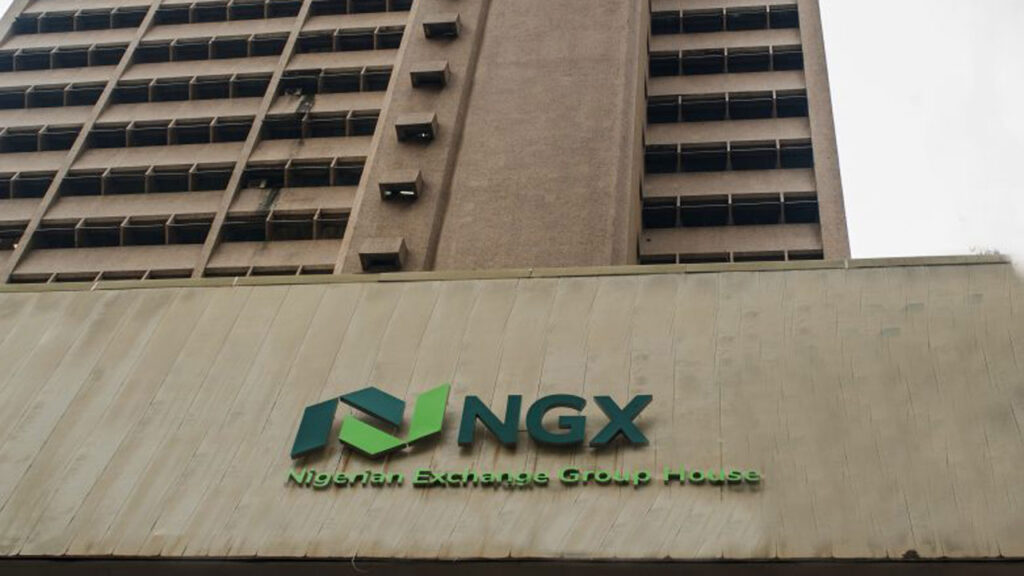
Notwithstanding the global economic climate, the promoters of the high profile real estate scheme known as World Trade Centre (WTC), Abuja, a mixed-use development consisting of luxury offices, commercial and residential real estates has announced the completion of phase one of the project.
Developed by the Churchgate Group, the WTC Abuja is located in the Central Business District of the capital city started in 2010 on a land size of over 6,000 hectares. When fully completed, it will be made up of eight buildings, seven of which are skyscrapers. They include commercial office towers, residential apartment towers, capital mall, event centre and hotel.
Group General Manager, Sales & Marketing, WTC, Abuja, Mr. Karim Adelaja, who spoke at the WTC Abuja Maiden Webinar Series, said the development is running on some of the best technologies in the world and phase one has recently been concluded, which consists of a grade-A commercial tower, luxury residential tower and clubhouse.
The WTC Residential Tower stands 110 meters high; it is presently the tallest residential building in Abuja. The residences comprise high-end apartments with top-of-the-line fittings and housewares, on-site or valet parking and amenities. Each apartment has its own unique wrap-around balcony, a canvas for any creative homeowner to turn into paradise. The 24-storey residential tower comprises 120 super luxury apartments, ranging from one to six bedrooms.
“The apartments are now known for pure deluxe living, built for pleasure and a perfect fit for a king or queen. Our creative spaces go beyond the ordinary to provide superior and luxurious experiences every time. The views are equally emphasised with plenty of natural light from the large glass panel facades,” according to Adelaja.
The commercial tower stands over 120 meters high. A 22-storey edifice with prime office spaces of up to 33,000 square meters. Each office floor was conceived and built on forward-thinking technology. The tower is one of the Grade A office building in Abuja and offers unparalleled, 360-degree views of the entire city with its beautifully finished double-glazed façade.
He said the commercial tower is designed with flexibility in mind and caters to both small and large organisations that require a prime location and top-notch amenities so that they can operate their businesses efficiently. “Built on the latest technologies, the WTC Abuja has an integrated building management and automation system. It also boasts of a state of the art security infrastructure already in place and even Its own dedicated police station and fire department.
Adelaja explained that the clubhouse was built for recreational, cultural and educational activities for the occupants of the WTC Abuja residents. It consists of a fitness club, executive lounge, tennis courts, squash courts, an infinity swimming pool, a bar, spa, crèche, and even a jogging track. The idea behind the Clubhouse is to enhance the experiences of the residents by promoting communal wellbeing, enhancing physical health, reducing stress and ultimately increasing overall satisfaction.
MEANWHILE, speaking on ‘Nigeria’s Trade Competitiveness; Imperatives for Growth’, Minister of Industries, Trade, and Investment, Otunba Adeniyi Adebayo, said energy use is crucial for almost every conceivable aspect of development. Wealth, health, nutrition, water, infrastructure, education, and human longevity are significantly related to the consumption of energy.
“Nigeria has historically faced challenges in its energy sector, which greatly affect the business environment; our unmet energy needs are significant and we expect that future demand will be even greater due to our expanding population and urbanisation.
“Accordingly, we have introduced the Nigeria Energy Transition Plan designed to tackle the dual crises of energy, poverty and climate change and deliver SDG7 by 2030 and net-zero emissions by 2060,” he said.
Adebayo reiterated government’s commitment towards putting in place infrastructure needed to give economy the productive and competitive edge that it needs to increase the basket of our tradable commodities and better the lives of every citizen.
The Group Managing Director, Churchgate group, Mr. Vinay Mahtani, said the webinar serves a critical role in shaping the future of national economy, offering a platform to collectively brainstorm and implement strategies for a more competitive and sustainable future.
Mahtan said Nigeria’s low ranking on the global competitiveness index demands immediate action to bridge negative output gaps and address any economic deficit, adding that a multi-sectoral approach is necessary to improve Nigeria’s trade competitiveness, through a joint effort of the public and private sectors.











